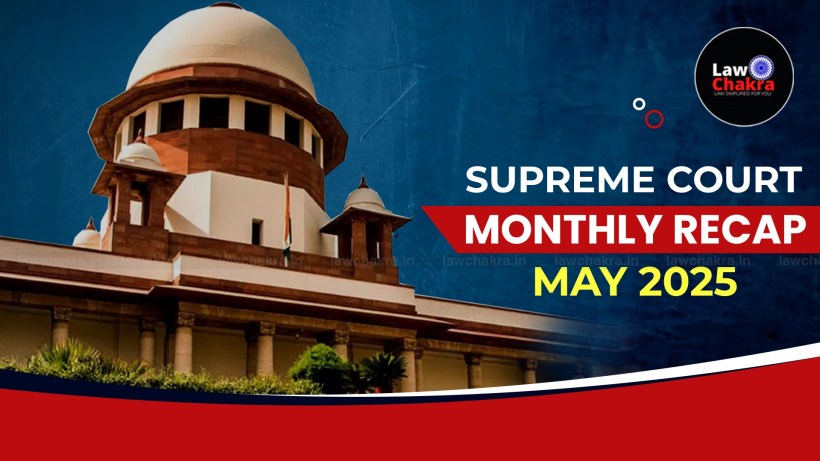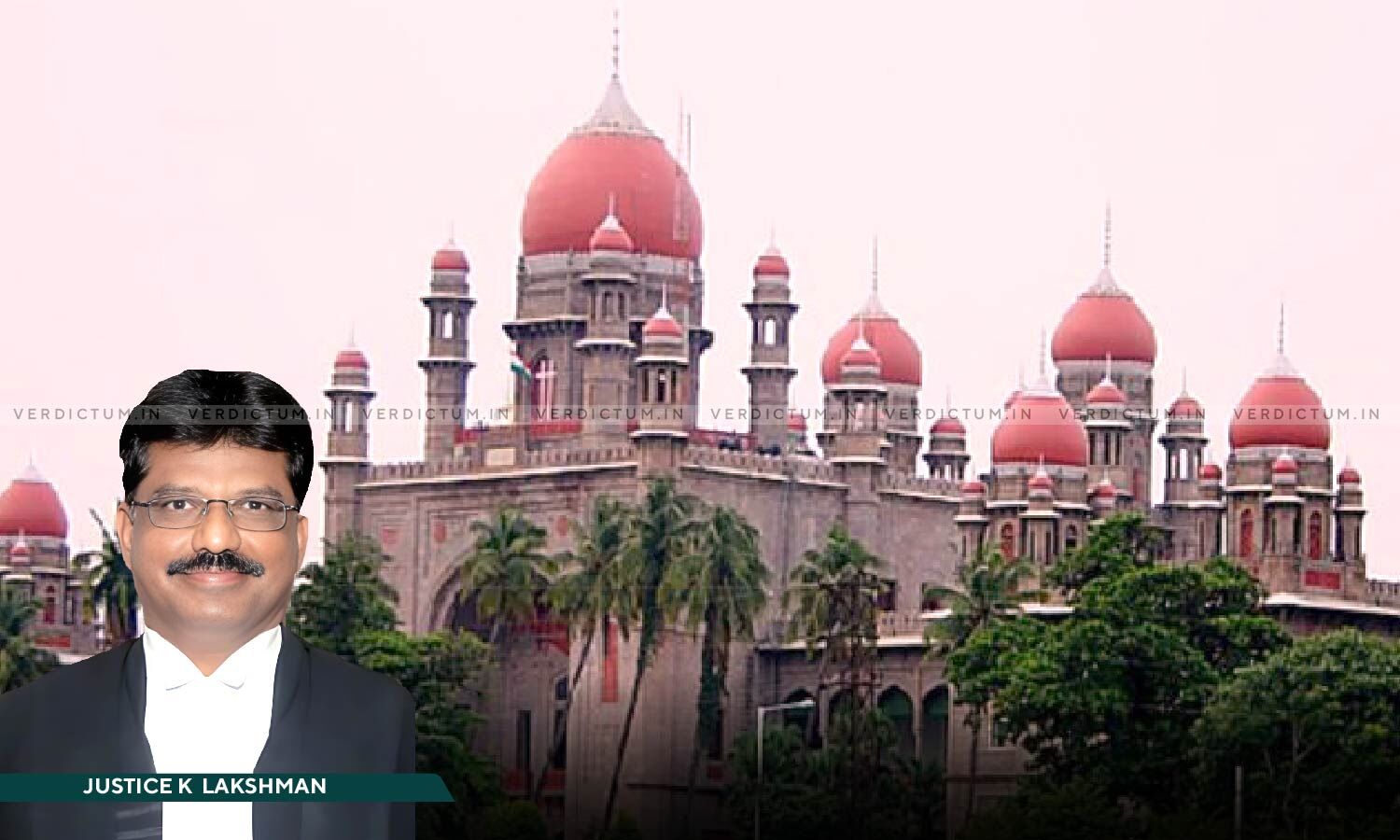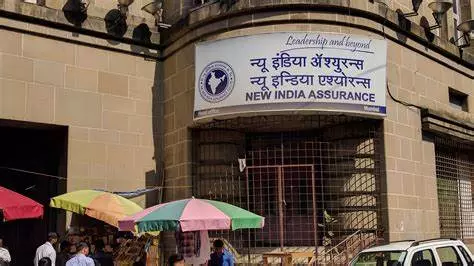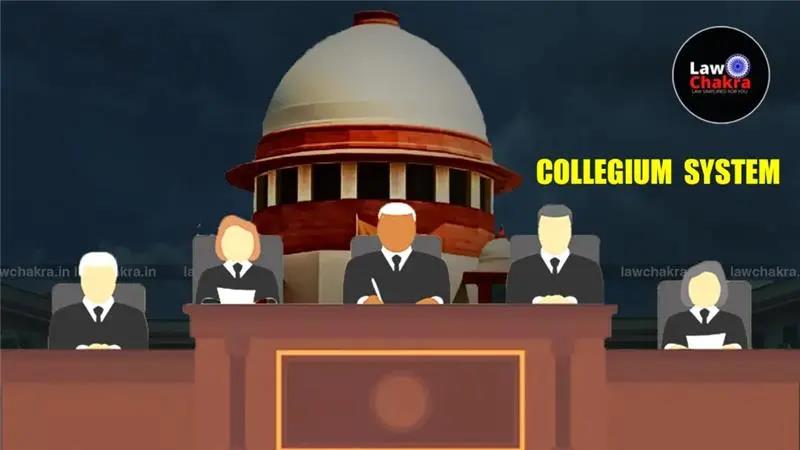SUPREME COURT MONTHLY RECAP: MAY 2025

May 2025 had fewer legal rulings due to the Supreme Court’s summer break, but some key judgments before the recess made a strong impact. Here’s a simple and detailed look at those important decisions with all the original quotes.
Thank you for reading this post, don’t forget to subscribe!
NEW DELHI: As we step into June , it’s important to reflect on the most impactful judicial pronouncements of May 2025. This month saw a series of significant rulings that have influenced legal discourse across various fields, including constitutional law, criminal justice, corporate regulations, and human rights.
From Supreme Court verdicts establishing new precedents to High Court rulings with wide-ranging implications, these decisions continue to shape and evolve the legal landscape.
In this recap, we examine the most important judgments of May 2025, highlighting their key takeaways, legal reasoning, and potential ramifications
May was a relatively quiet month in the Indian legal sphere, largely because the Supreme Court took its annual summer break. With the court in recess, there weren’t as many major judgments or headline-making decisions as we usually see.
Still, just before the vacation began, a few important rulings were delivered—each carrying its own legal significance and impact. In this edition, we bring you a snapshot of those key developments that kept the legal world ticking, even during the slowdown.
1. IN RE THE WAQF (AMENDMENT) ACT, 2025| W.P.(C) No. 276/2025
The Supreme Court hasn’t yet given its final verdict on the petitions against the Waqf (Amendment) Act, 2025. On May 22, it heard all sides—including strong objections from senior lawyer Kapil Sibal—and reserved its decision.
Until then, the Court has put a pause on certain parts of the law, like stopping the removal of waqf properties and halting the appointment of non-Muslim members to waqf boards.
Petitioners argue that the law threatens Muslim religious and property rights, while the government says it’s meant to bring reforms. Now, everyone is waiting for the Court’s final word.
Read more on this:
2. The Chairman, Odisha Public Service Commission vs. Jyotirmayee Dutta.
The Supreme Court agreed with the Orissa High Court’s decision to award ₹1 lakh compensation to Jyotirmayee Dutta, a candidate in the Odisha Judicial Service (OJS) Exam 2022. One of her answers was not evaluated at all by the Odisha Public Service Commission (OPSC).
Even though re-evaluation did not change her final result, the Court held that OPSC was at fault for this serious mistake. It caused the candidate mental stress and financial hardship, and so the compensation was justified.
The Supreme Court dismissed OPSC’s appeal, saying such mistakes are unacceptable in competitive exams. However, it clarified that this decision is based on the unique facts of this case and should not be treated as a precedent for other cases.
Read more on this case:
3. Dr. ADITI & ORS v. NATIONAL BOARD OF EXAMINATION IN MEDICAL SCIENCES & ORS| DIARY NO. – 2298
In a relief to NEET-PG 2025 aspirants, the Supreme Court directed the National Board of Examination (NBE) to conduct the exam in a single shift instead of two. The petitioners, led by Dr. Aditi, argued that holding the exam in two shifts with different question papers was unfair and could lead to biased evaluation.
The NBE claimed logistical and security issues due to the large number of candidates, but the Court rejected this, saying there was still enough time and resources to arrange more centres across the country.
The Court emphasized that fairness in competitive exams must be prioritized over convenience and warned against making “normalization” a routine excuse.
A fresh notification will be released and the exam is scheduled for August 2025,
Read more on this case:
4. Assam Deportation Crises
The Supreme Court of India has agreed to urgently hear a habeas corpus petition over the forcible deportation of over 300 people from Assam to Bangladesh since May 2025. Most of these individuals are long-time residents of India and were allegedly deported without proper legal process.
Previously, the Court directed similar matters to the Gauhati High Court, but given the scale and urgency, it has now taken up the case directly. The petition challenges the lack of due process, risks of statelessness, and seeks legal clarity and justice for those affected.
The Court will examine whether constitutional rights were violated, especially the right to life and liberty under Article 21.
Read more on this case:
5. Kunwar Vijay Shah v. High Court of Madhya Pradesh & Ors.
The Supreme Court came down strongly on Madhya Pradesh minister Kunwar Vijay Shah for his derogatory remarks against Colonel Sofiya Qureshi, calling his statements shameful and his apology insincere. The Court refused to grant him any protection and rejected his apology as “crocodile tears.”
To ensure a fair and transparent inquiry, the Court ordered a Special Investigation Team (SIT) and placed it under its direct supervision, also asking the Madhya Pradesh High Court to close its own proceedings.
Emphasizing that public figures must act responsibly, the Court warned against politicizing the matter and sent a clear message: respect for the armed forces is non- negotiable.
Read more on this case:
6. Supreme Court Refuses to Entertain Plea for FIR Against Justice Yashwant Varma
The Supreme Court declined to step in on a plea seeking an FIR against Justice Yashwant Varma after cash was reportedly found at his residence following a fire. The judges explained that the matter is already being looked into through an internal judicial inquiry, and until that process is complete, it’s not the Court’s role to push for criminal action.
They emphasized that any further steps—like an FIR or disciplinary action—must come from the President or Prime Minister, not directly from the bench.
The Court advised the petitioner to first approach the proper authorities, urging patience and respect for due process.
Read more on this case:
7. Supreme Court on Bitcoin: “A parallel economy… a danger to the country’s economy”
In a recent hearing, the Supreme Court of India raised serious concerns about Bitcoin, calling it a parallel economy that could pose a real danger to the country’s financial system. The Court compared cryptocurrency trading to hawala transactions—informal and untraceable money transfers that have long been associated with illegal activity.
The judges made it clear that the lack of regulation in the crypto space is not just a technical gap—it’s a potential economic threat.
The Court urged the central government and financial regulators to stop delaying and take urgent steps to regulate cryptocurrencies, pointing out that millions of people are investing in digital assets without proper oversight or protection.
While the Court didn’t call for an outright ban, it stressed the need for a clear and accountable legal framework that ensures transparency, investor safety, and national financial security.
This is not just a warning—it’s a wake-up call. The Supreme Court has essentially told the authorities: Act now, before the damage is done.
Read more on this case:
8. MOHAMMAD AMIR AHMAD @ ALI KHAN MAHMUDABAD Versus STATE OF HARYANA | W.P.(Crl.) No. 219/2025
The Supreme Court recently gave a sharp response to Ashoka University professor Ali Khan Mahmudabad, who had approached it over a social media campaign called Operation Sindoor. He argued that the campaign was spreading misinformation and creating a communal divide.
But the Court was not convinced.
Instead, it questioned why such matters were being brought directly before the apex court, especially when there are proper channels to raise such concerns. “Why chase cheap publicity?” the Bench remarked, suggesting that the plea seemed more like an attempt to gain attention rather than address a serious legal violation.
The judges reminded that while everyone has the right to speak up, that right comes with responsibility — and not every opinion posted online should be turned into a court case.
Ultimately, the Court declined to hear the matter and advised the professor to take it up with the concerned authorities instead of using the Supreme Court’s time for what appeared to be a publicity-driven move.
Read more on this case:
9. NIKHIL UPADHYAY vs UNION OF INDIA , W.P.(C) No. 502/2025
The Supreme Court responded cautiously to BJP leader Ashwini Upadhyay’s petition challenging parts of the Waqf (Amendment) Act, saying that laws passed by Parliament are presumed to be valid. Chief Justice B.R. Gavai stated the Court would only step in if there’s a strong case of constitutional violation.
When the Petitioners argued that Waqf Boards might act with religious bias, the Court Expressed surprise and said such bodies must function under the law—not Religion. It emphasized that just because a law involves one community doesn’t Make it unfair.
The Court has reserved its judgment, promising to review the matter carefully.
Read more on this case:
10. Our Air Force Is One of the Best: Supreme Court While Hearing Woman Officer’s
Plea for Permanent Commission
During the hearing of Wing Commander Sucheta Edn’s plea, the Supreme Court paused to acknowledge something beyond legal arguments—her courage and service.
As a woman officer in the Indian Air Force who was part of critical missions like Operation Sindoor and the Balakot airstrike, Sucheta stood as a symbol of dedication and quiet bravery.
The judges spoke with genuine admiration for the Indian Armed Forces, praising their discipline, commitment, and the spirit with which officers like her serve the country.
In a courtroom often ruled by legalese, this moment felt deeply human—a reminder that behind every petition is a person who has given something of themselves for the nation.
Read more on this case:-
Would You Like Assistance In Drafting A Legal Notice Or Complaint?
CLICK HERE
Click Here to Read Our Reports on CJI BR Gavai
Click Here to Read Our Reports on Monthly Recaps
FOLLOW US ON YOUTUBE FOR MORE LEGAL UPDATES






